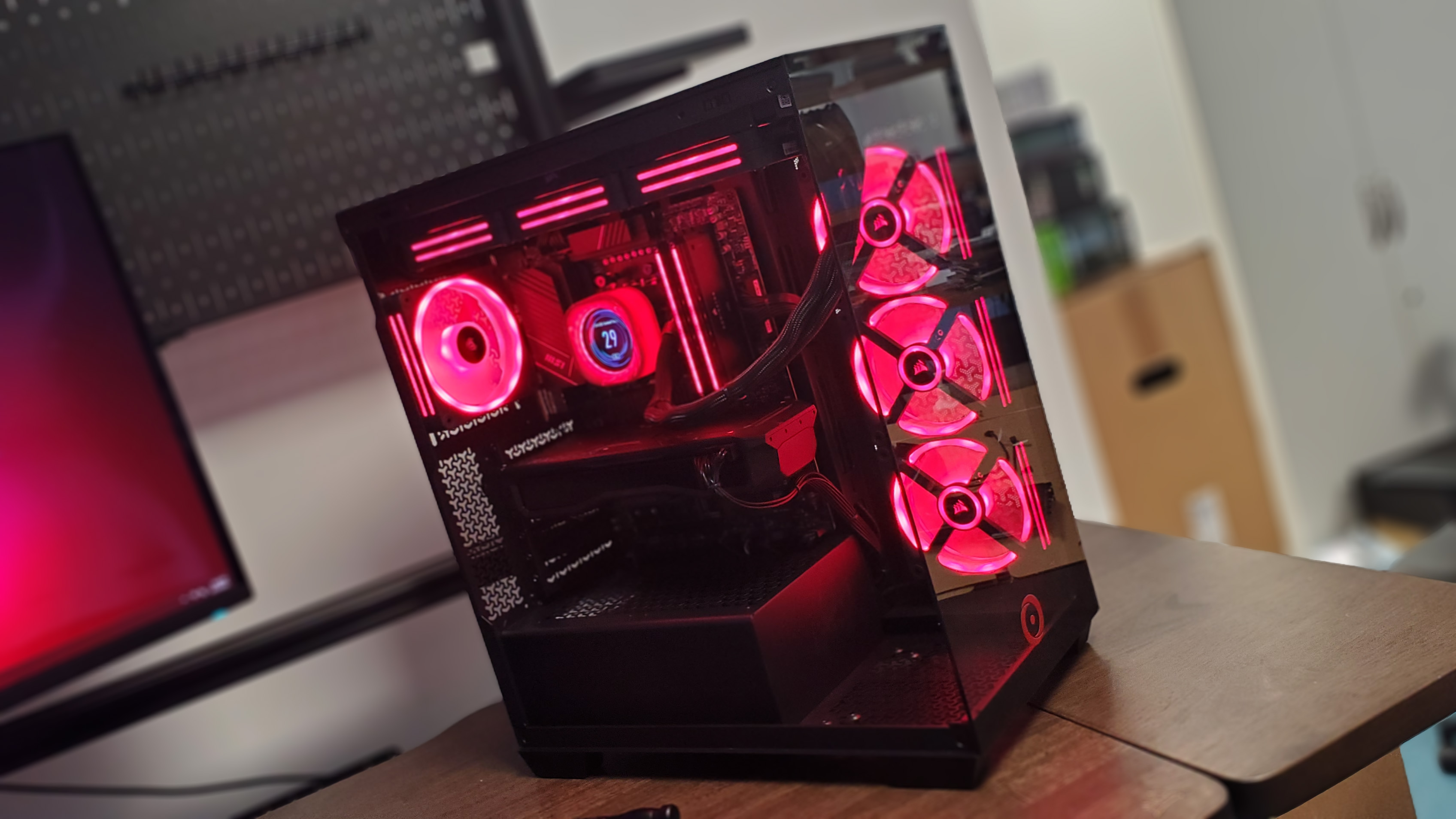Legendary programmer John Carmack leaves Meta: 'This is the end of my decade in VR'
The Doom co-creator had long championed VR as a crucial next step in computer technology.

As reported by the New York Times (readers may encounter a paywall), John Carmack has left his position with Meta. Carmack had previously been CTO of Oculus, and stayed with the company after its acquisition by Facebook (now Meta) in 2014.
After Carmack's internal announcement of his departure was leaked to the press, the developer published it in full on his public Facebook account, declaring "This is the end of my decade in VR. I have mixed feelings."
Carmack praises the Quest 2 as a piece of hardware, writing that the headset "is almost exactly what I wanted to see from the beginning—mobile hardware, inside out tracking, optional PC streaming, 4k (ish) screen, cost effective." While Carmack has misgivings about the software, he is heartened by the Quest line's sales success and mass adoption. "The issue," Carmack writes, "is our efficiency." The programmer refers to Meta as "an org that has only known inefficiency."
"We have a ridiculous amount of people and resources," Carmack continues later in the post, "but we constantly self-sabotage and squander effort," adding that he thinks Meta is "operating at half the effectiveness that would make [him] happy."
Carmack goes on to elaborate that, while an influential voice at Meta, he has never been "a prime mover." He seems to indicate that company politics was never his specialty, and that he preferred to focus on the technology.
The post ends on an optimistic note, however, with Carmack saying Meta is still poised to lead the world in VR implementation as long as those at the company "Make better decisions and fill [their] products with 'Give a Damn!'"
Carmack is most famous as one of the co-founders of id Software, where he led development on the tech behind such classics as Wolfenstein, Doom, and Quake, laying much of the groundwork of modern-day 3D rendering. In addition to his development contributions at Oculus/Meta, Carmack's involvement with the companies and advocacy for VR lent credibility to their projects as VR struggled with mass adoption for much of the last decade.
The biggest gaming news, reviews and hardware deals
Keep up to date with the most important stories and the best deals, as picked by the PC Gamer team.
Carmack's focus now is his startup Keen Technologies, presumably named after id's early platformer series, Commander Keen. Keen's focus is Artificial General Intelligence (AGI), a branch of AI focused on mimicking the holistic, adaptable intelligence of a human, as opposed to the pursuit of narrower applications like AI art generation or graphical and scientific simulations.
It's hard for me to read this as anything but a defeat for Meta, one that comes at an inopportune time for the company. Hardware loss leaders are common in gaming, but as of July, Meta's Reality Lab division was posting nearly $1 billion in losses every month. Meta laid off over 11,000 employees in November, while political and privacy concerns continue to dog Facebook and Instagram and the company's previews of the "metaverse" have been widely derided.
Ted has been thinking about PC games and bothering anyone who would listen with his thoughts on them ever since he booted up his sister's copy of Neverwinter Nights on the family computer. He is obsessed with all things CRPG and CRPG-adjacent, but has also covered esports, modding, and rare game collecting. When he's not playing or writing about games, you can find Ted lifting weights on his back porch.

